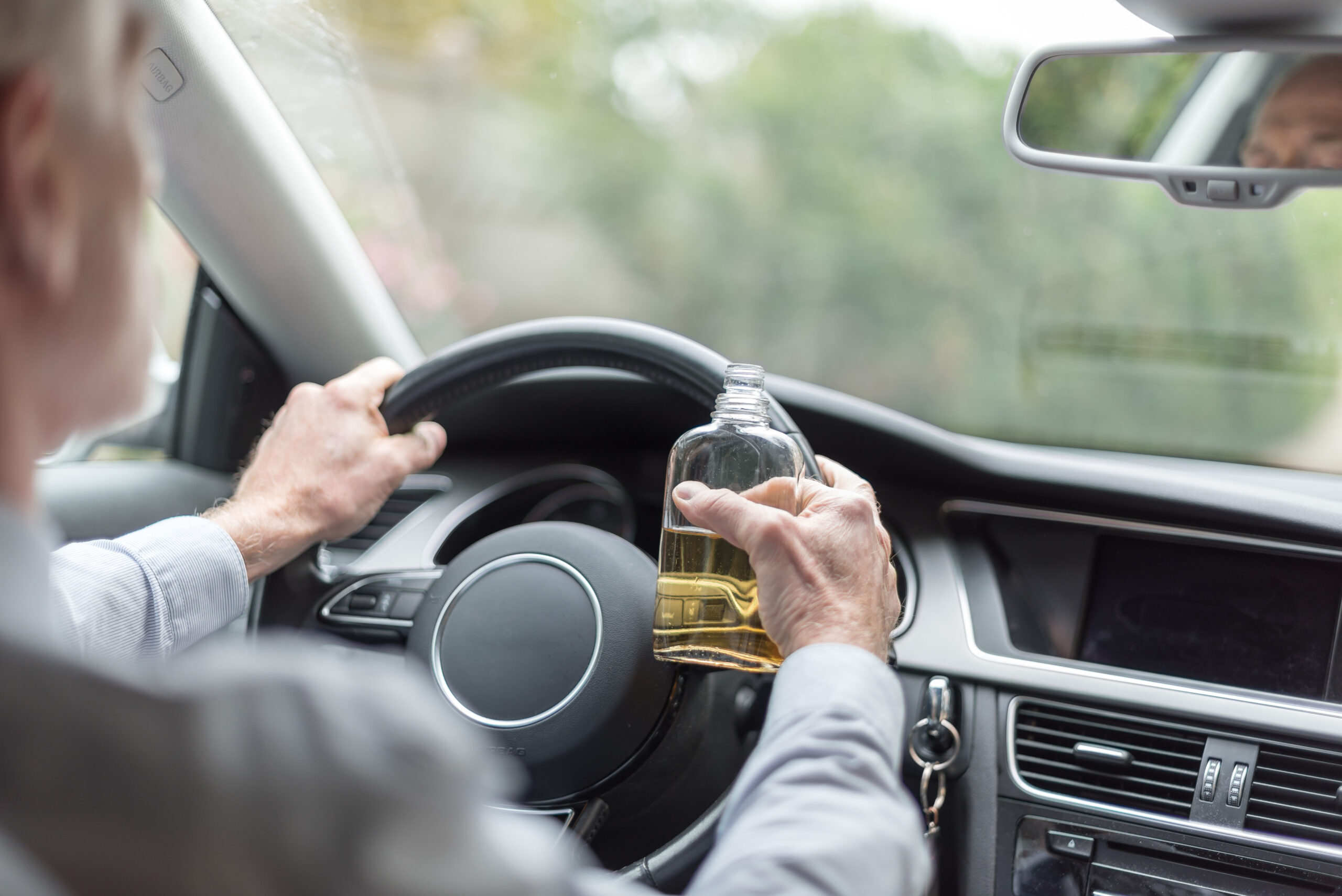
Here’s why knowledgeable and aggressive DUI defense representation is merited in the wake of a police encounter resulting in an arrest and criminal charge: You could actually be the victim.
In fact, and as noted in a recent media report, you could be slapped in handcuffs and cited for multiple drunk driving-related violations, even if a subsequent blood test fails to uncover a single drop of alcohol in your system.
Welcome to the bizarre — and, yes, patently unfair — story that recently surfaced from a town in Utah, which we believe commands instant relevance in Indiana and nationally for underscoring the point that dramatically wrong outcomes do occur in citizen-police interactions relating to drunk driving allegations.
The bottom line in Utah was this: multiple criminal charges filed against a motorist (DUI and resisting arrest) based upon her alleged shaky demeanor following her call to 911 — yes, she initiated the police contact — after her car (dutifully stopped at a red light) was rammed from behind and totaled by a motorist driving at approximately 30 miles per hour.
That the woman could sufficiently gather herself to make the call at all might seem surprising to some people.
Equally surprising to many readers might be this element of the story: the officer forced her to undergo field sobriety testing notwithstanding her wrecked car and insistence that she hadn’t been drinking, and then failed her. When she protested, he conducted a body search on her that she says left her feeling violated, slapped her in handcuffs and drove her off to jail.
The motorist was compelled to give blood, both to the police and to hospital employees. The outcome of both those draws, as noted above: no evidence whatever of alcohol or drugs in the woman’s system.
The officer’s conduct is now being legally challenged, with a lawsuit being filed against the city where he works based on the grounds that probable cause lacked initially to even assume that the woman was under the influence of alcohol. Given that infirmity, her counsel contends, her resulting search violated constitutional proscriptions against unreasonable search and seizure of evidence.
